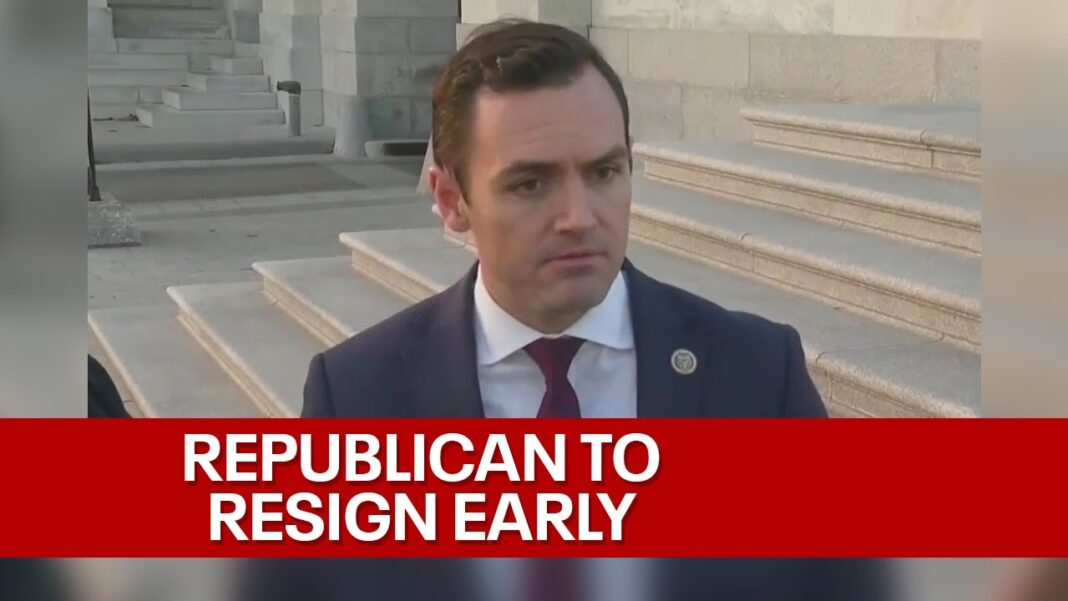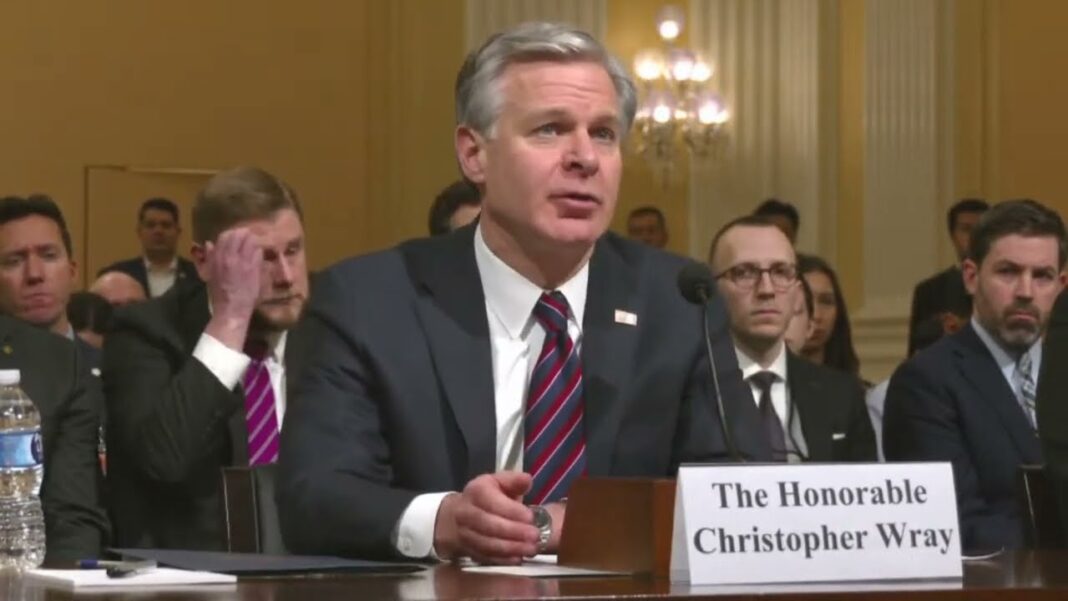The libertarian president said his administration will continue to cut state expenditures and do it quickly.
Argentine President Javier Milei has announced plans to dismiss 70,000 government employees in the coming months, highlighting another step to implement the libertarian’s vision of a small-state society.
“We are convinced of carrying out a fiscal adjustment, which has a lot of chainsaw and blender,” Mr. Milei said in an hour-long speech at a March 26 event held in Buenos Aries by the International Economic Forum of the Americas, referring to his plan to rapidly bring the South American country’s hovering 250 percent inflation down to single-digit levels.
“We completely eliminated public works, of which I am proud, and something that all good people should oppose. We eliminated discretionary transfers to the provinces. We fired 50,000 public employees. Contracts were canceled and 70,000 more are going to be cut.”
Mr. Milei, a self-proclaimed anarcho-capitalist, also touted the termination of more than 200,000 social welfare programs, which he said were delivered in an “irregular” manner. “At no time was social policy neglected,” he assured the audience, pointing to the increases in allocations to help citizens cover food and schooling expenses.
In a statement to the Argentine newspaper La Nación, Casa Rosada (the Argentine government house) explained that the 70,000 figure represents the universe of government employee contracts currently under review. The Milei administration further noted that the cut will be conducted in stages, with about 20 percent of those employees set to be laid off by the end of this month.
Mr. Milei’s presidency started with a promise to stop Argentina’s decades-long spiral into economic oblivion. In December 2023, when he was sworn into office, more than 26 million people, or 49 percent of the country’s population, were living in poverty.
Despite its rich economic resources, Argentina has defaulted on its sovereign debt nine times. The country often found itself grappling with mounting foreign debt, including tens of billions of dollars of loans from the International Monetary Fund (IMF) and more recently from China, its second-largest trade partner.
By Bill Pan






